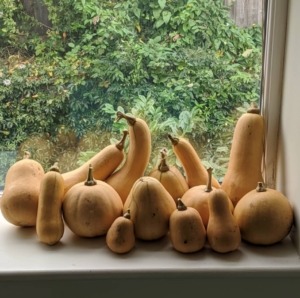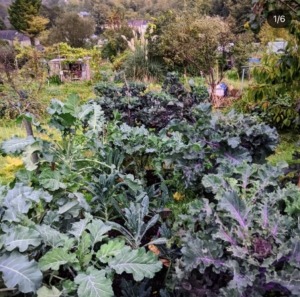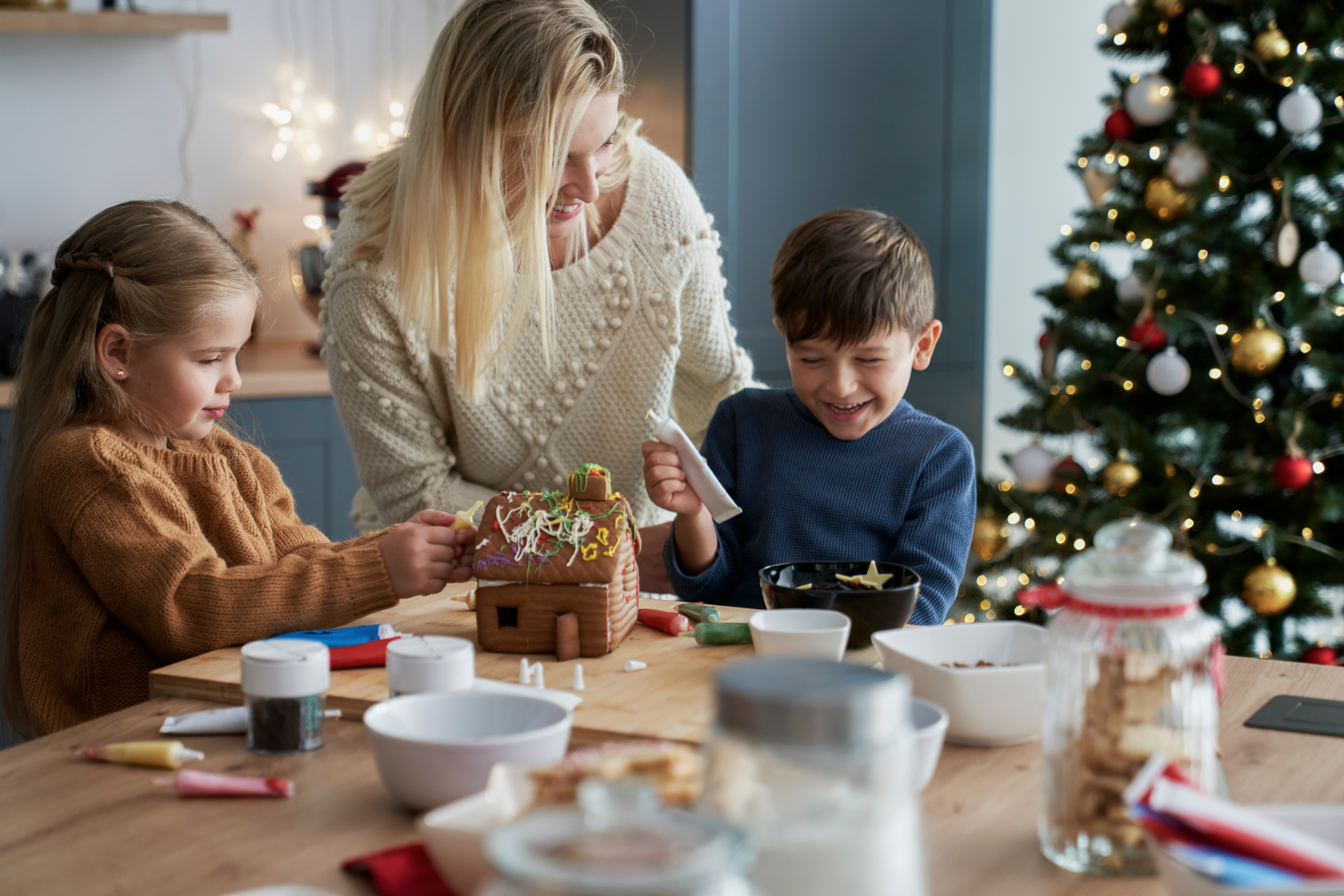It’s not just a case of us looking after our allotments – during lockdown it’s become clear that allotments have been looking after us, as Pete, one of Family Action’s FOOD Club Regional Coordinators explains.
I have had my allotment for 5 years, after spending two years on the waiting list. I share it with a good friend, which certainly helps share the workload. It is a full-sized allotment in Ashley Vale Allotments in Bristol – on a steep slope (we have part terraced) with heavy (but fertile) clay soil.
 Relaxing after work
Relaxing after work
Living in the city, with a small garden, means that my allotment is far more than just a growing space for me – it is my extended garden and the best place to relax after work or on the weekends. Furthermore, through lockdown this year and the stresses of 2020, it’s a calm and peaceful oasis away from it all.
Keeping fit
It may seem like allotments see all their action in the summer months, but there is also plenty to do during autumn – having an allotment is certainly a good way to keep fit all year round! Autumn jobs for allotments are mainly about tidying up and preparing for winter. Some plants will need pruning and dead plants need to be pulled out and added to compost. Fallen leaves can be raked up and stored in garden bags which can be used the following year as mould compost. It is also a good idea, once the ground has been cleared and raked, to cover it with a non-permeable or compost covering, to prevent nutrients in the soil from leaking away when it rains.
Eating healthily
Root vegetables like carrots and beetroot can be harvested, along with squash and pumpkins, towards the end of autumn, meaning there’s lots of healthy, fresh and tasty veg around to cook with. Looking for a pumpkin pie recipe to try? I’ve been harvesting tasty fruits like apples and blackberries, which are perfect for making crumbles, jams, or yogurt/porridge toppings – or even a seasonal apple and blackberry cake!
“Having an allotment lets you experiment, be creative – and try new things.”
Success!
We have grown a huge variety of fruit and vegetables over the years, and have got to a stage now that at least half the produce we eat at home comes from the plot, which is immensely satisfying. Currently, I am harvesting beetroot, kale, spinach, squash, cabbages, parsnips, leeks and chard.
Experiment
Having an allotment lets you experiment, be creative – and try new things. This year, for the first time, we have grown kallettes – a hybrid variety between Kale and Brussels sprouts that are delicious. I have also planted winter salads (such as Mizuno and Mustard leaf) plus a new variety of Red Russan Kale that should be ready in spring.
 Enjoying the seasons
Enjoying the seasons
Having an allotment makes you really appreciate the changing seasons, as each season offers new delights, tasks – and challenges! Crops to sow in autumn, for instance, need to be hardy – think green vegetables like Brussels sprouts, cabbage, kale, leeks and potatoes for harvesting in winter. These often need extra attention as they may need to begin growing in a greenhouse, or require a covering outside to escape any frost in order to grow successfully. Potted plants may also need extra weather-proof coverings from the cold. You can also plant garlic now (although this doesn’t tend to work on the clay soils we have) and plant broad beans to overwinter and get a head start.
Get into veg!
If you’re inspired to get cooking with veg, here are some links to recipes you might find useful.
About Pete
Pete grew up in the countryside in Wiltshire, near Avebury Stonecircle! After studying in Exeter he moved to Bristol 12 years ago, spent 5 years managing an organic food store, and then moved into working in the charity sector, in particular redistributing food to those at risk of food poverty. He is now Family Action’s Food On Our Doorstep (FOOD) Regional Coordinator for the South.
Find out more about our Food On Our Doorstep programme here.









